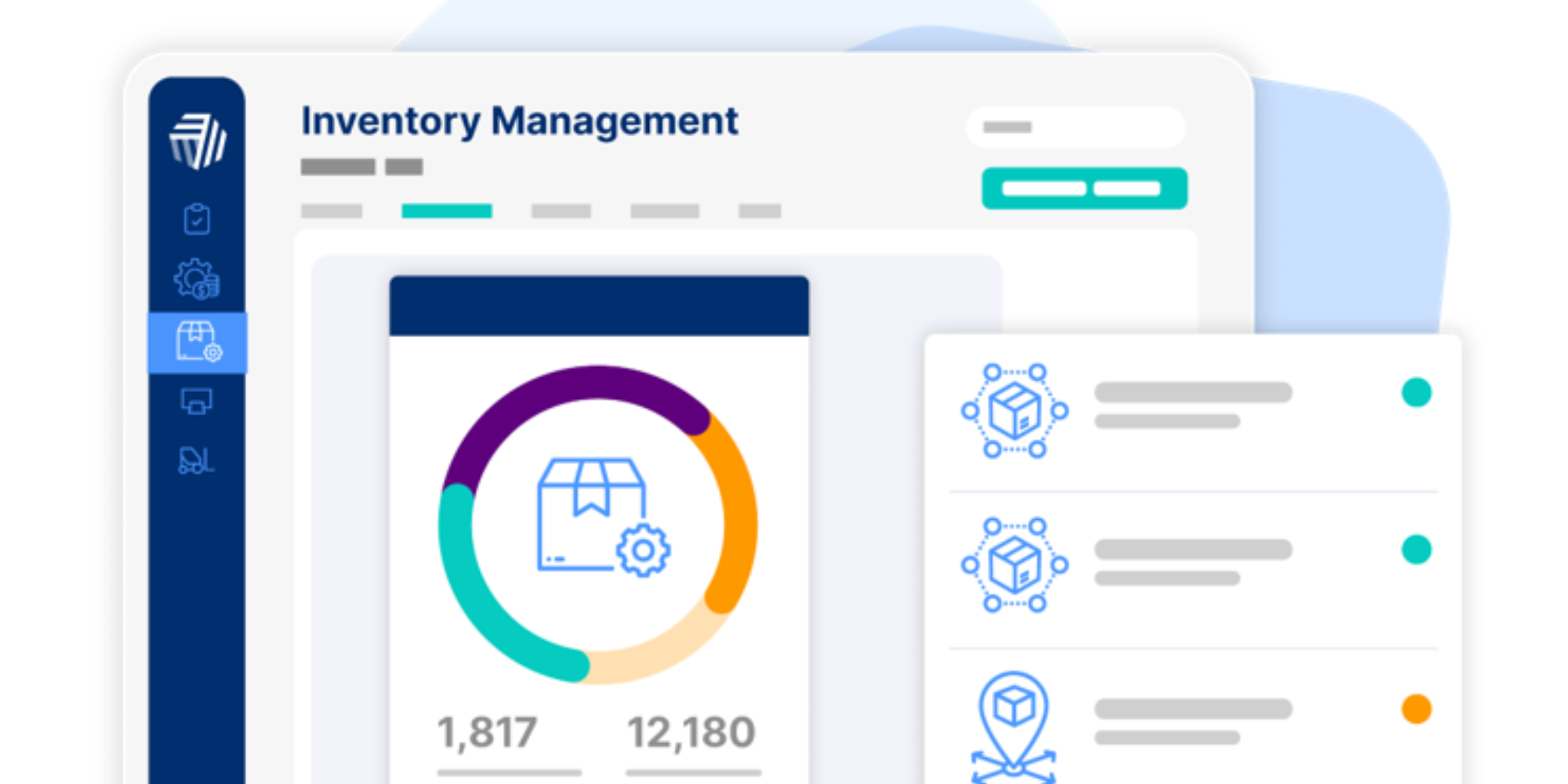From 1 July 2026, a major shift in superannuation payments will take effect, impacting businesses across Australia. The government’s new Payday Superannuation regime will require employers to pay super contributions at the same time as employee wages, rather than quarterly. With the draft legislation now released, it’s essential for businesses to understand the implications of these changes and prepare accordingly.
Key Changes to Superannuation Payments:
- Superannuation Paid on Payday:
Starting 1 July 2026, all employers will be required to pay superannuation contributions within seven calendar days of the employee’s payday. This will apply regardless of your payroll frequency—whether you pay your employees weekly, fortnightly, or monthly. Previously, superannuation payments were required quarterly, but this reform aims to streamline the process and reduce delays.
- Impact on Small Business Superannuation Clearing House (SBSCH):
For small businesses, the Small Business Superannuation Clearing House (SBSCH) will be phased out from 1 July 2026. Currently, SBSCH allows businesses to make one super payment to a central clearing house, which then distributes the funds to individual super funds. Under the new regime, small businesses will need to make direct payments to each employee’s super fund in line with the new payday super rules. This could result in more administrative tasks for small business owners, but it also gives employers more control over their super payments.
- Stricter Penalties for Non-Compliance:
The new legislation introduces significant penalties for non-compliance. If superannuation contributions are not paid on time, penalties can be imposed. First-time offenders could face fines, while repeat offenders could face penalties of up to 50% of the superannuation shortfall. The Australian Taxation Office (ATO) will closely monitor payments, and businesses that fail to comply may face scrutiny. It’s critical to stay up-to-date with the new rules and ensure super is paid accurately and on time.
- Tax Deductions for Superannuation Payments:
Employers will continue to be able to claim a tax deduction for the Super Guarantee (SG) contributions, which is beneficial for tax purposes. However, any penalties related to late super payments will not be tax-deductible, so it is essential to avoid non-compliance to prevent unnecessary costs.
- Contribution Caps:
The contribution caps for superannuation will now be calculated on an annual basis, rather than quarterly, which should simplify the reporting process and reduce the risk of exceeding contribution limits. This change aligns with the government’s goal of making the superannuation system more streamlined and less prone to errors.
What This Means for Your Business:
Increased Frequency of Payments: With superannuation contributions being made at the same time as wages, businesses will need to adjust their cash flow management to accommodate these more frequent payments. If you currently pay super on a quarterly basis, you’ll need to set aside funds for super contributions on each payday.
System and Payroll Adjustments: If your payroll system is not already set up for this change, it’s crucial to ensure that it can handle the timely payment of super on each payday. You might need to update your payroll software or work with your provider to ensure it meets these new requirements.
Compliance Planning: To ensure smooth compliance with the new rules, we recommend reviewing your internal processes and making necessary adjustments to your payroll and accounting systems. This includes preparing for the additional administrative burden that may come from handling direct super payments rather than using the SBSCH.
Minimising Risk of Penalties: Timely payment of superannuation is crucial to avoid the new penalties. As the ATO will be actively monitoring compliance, it’s important to adopt systems that ensure payments are made accurately and on time. I recommend a regular review of your superannuation obligations and working with an accountant to implement checks and balances.
Action Steps for Your Business:
- Review Your Payroll System: Ensure that your payroll software is updated to handle superannuation payments according to the new rules, and that payments are made directly to employee super funds from 1 July 2026.
- Adjust Cash Flow Forecasts: With the new requirement to pay superannuation on payday, review your business’s cash flow projections to ensure you have the funds available to make these payments when due.
- Consult With Us: We are here to assist with any adjustments to your processes or answer any questions you may have regarding this change. Please don’t hesitate to reach out for guidance on the best approach for your business.
Retention payments are an unavoidable part of the construction industry, but they don’t have to be a roadblock to financial stability. By proactively managing retention funds, negotiating better contract terms, and leveraging smart accounting tools like Xero, contractors can maintain healthier cash flow and focus on growing their businesses.
At Altias Advisory, we help businesses in the building and construction sector navigate financial complexities with tailored solutions. If you need support with managing retention payments, cash flow, or business growth strategies, get in touch with our team today.
The information contained above has been provided as general advice only. The contents have been prepared without taking account of your objectives, financial situation or needs. You should, before you make any decision regarding any information, strategies or products mentioned, consult your own financial advisor to consider whether that is appropriate having regard to your own objectives, financial situation and needs.





























